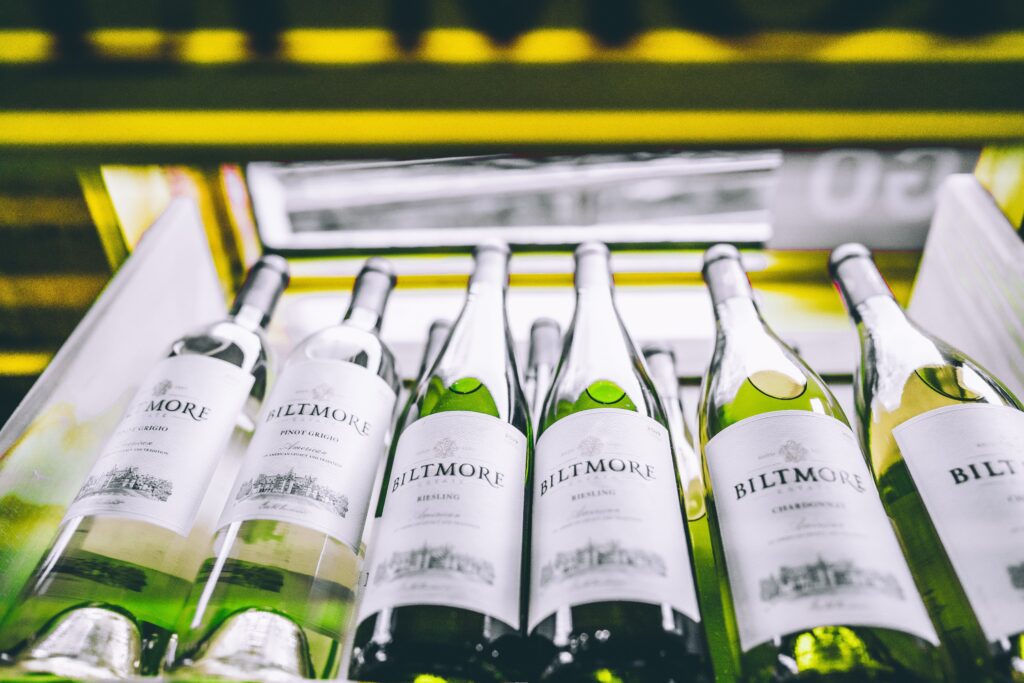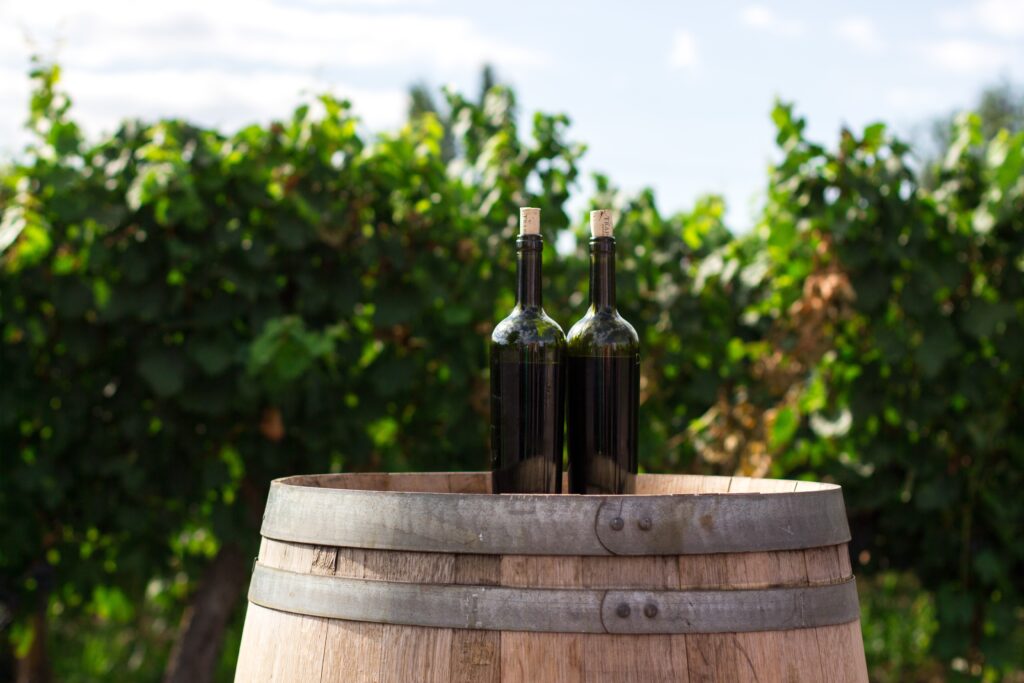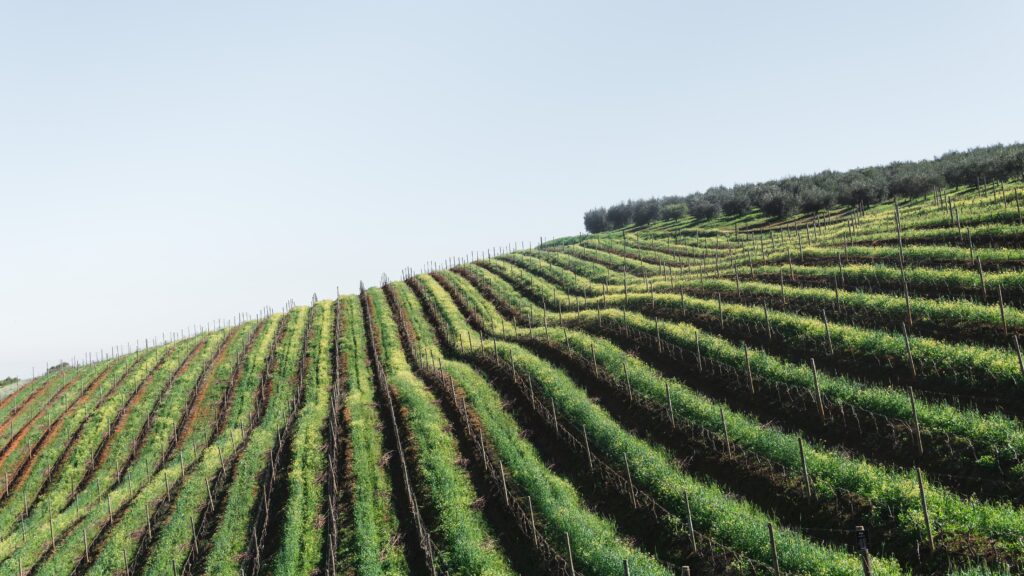So, you’re wondering about the lifespan of an average wine fridge? Well, let me tell you, these sleek and sophisticated appliances are not just a stylish addition to your home décor, they also play a crucial role in preserving your favorite wines. From keeping the temperature steady to controlling humidity levels, a wine fridge is an essential tool for any wine enthusiast. But how long can you expect it to last? In this article, we’ll explore the lifespan of an average wine fridge, giving you all the information you need to make an informed decision for your wine collection.

Understanding Wine Fridge Lifespan
Defining ‘lifespan’ in the context of wine fridges
When we talk about the lifespan of a wine fridge, we refer to the duration in which the appliance functions optimally and efficiently. It is important to note that the lifespan of a wine fridge can vary depending on various factors such as usage, maintenance, quality, and location. Understanding these factors is crucial in maximizing the lifespan of your wine fridge and ensuring that it provides consistent and reliable cooling for your precious wine collection.
Factors influencing the longevity of a wine fridge
Several factors contribute to the longevity of a wine fridge. These factors include the quality of the appliance, the regularity of maintenance, the usage patterns, and the location where the fridge is placed. By understanding these factors and their impact on the lifespan of a wine fridge, you can make informed decisions about how to care for your appliance and extend its lifespan.
The Average Lifespan of a Wine Fridge
Typical lifespan range of a wine fridge
The average lifespan of a wine fridge typically ranges from 5 to 10 years. However, it is crucial to note that this estimate can vary depending on the aforementioned factors. Some wine fridges may last even longer, while others may have a shorter lifespan. It is important to consider the quality of the appliance and follow proper maintenance routines to maximize its lifespan.
Factors contributing to the average lifespan
Several factors contribute to the average lifespan of a wine fridge. One important factor is the quality of the appliance itself. Higher-quality wine fridges often come with better components and insulation, which can contribute to a longer lifespan. Additionally, the frequency of maintenance plays a significant role. Regular maintenance, such as cleaning the coils and ensuring proper ventilation, can prevent the accumulation of dust and debris that can strain the appliance’s cooling system, thus extending its lifespan.

Importance of Wine Fridge Maintenance
How regular maintenance extends lifespan
Regular maintenance is vital for extending the lifespan of a wine fridge. By performing routine tasks such as cleaning the interior and exterior, checking and replacing seals if necessary, and ensuring proper airflow, you can mitigate potential issues that could lead to premature wear and tear. Regular maintenance also helps to prevent the growth of mold or mildew, which can negatively impact both the wine and the appliance’s performance. It is recommended to refer to the manufacturer’s guidelines for specific maintenance routines to maximize the longevity of your wine fridge.
Recommended maintenance routines for wine fridges
To maintain the optimal performance and extend the lifespan of your wine fridge, it is important to follow a few simple maintenance routines. Firstly, regularly clean the interior and exterior of the fridge using a mild detergent or specialized cleaner recommended by the manufacturer. This helps remove any spills or stains that may have occurred. Secondly, check the seals and gaskets to ensure they are intact and not worn. Damaged seals can lead to air leakage and compromise the appliance’s cooling efficiency. Lastly, clean the coils at least once a year to remove accumulated dust and debris, as this can hinder the fridge’s ability to cool effectively.
Role of Usage in Wine Fridge Lifespan
Impact of frequent usage on lifespan
The frequency of usage plays a significant role in the lifespan of a wine fridge. A wine fridge that is frequently opened and closed may experience more fluctuations in temperature and humidity, potentially placing additional strain on its cooling system. It is important to minimize unnecessary opening and closing of the fridge to maintain a stable environment for your wines. Additionally, overloading the fridge with bottles beyond its recommended capacity can also affect its lifespan. It is advisable to follow the manufacturer’s guidelines for the maximum capacity of the wine fridge and avoid overloading it to ensure optimal performance and longevity.
Best practices for using a wine fridge to maximize lifespan
To maximize the lifespan of your wine fridge, it is essential to follow some best practices when using the appliance. Firstly, avoid frequent and unnecessary opening of the fridge. Instead, plan ahead and only open the fridge when necessary to retrieve or store bottles. Secondly, maintain a consistent temperature setting to minimize temperature fluctuations inside the fridge. Constant temperature changes can lead to excessive wear on the cooling system. Lastly, avoid overloading the wine fridge with bottles. Ensure that there is enough space for proper airflow and circulation, allowing the fridge to cool efficiently.

The Effect of Location on Wine Fridge Lifespan
Ideal locations for a wine fridge
Choosing the right location for your wine fridge is crucial for maximizing its lifespan. Ideally, the appliance should be placed in a cool and well-ventilated area away from direct sunlight and other heat sources. A temperature-controlled room or basement is often an ideal location for a wine fridge as it provides a stable environment with low levels of temperature fluctuations.
How location factors such as temperature and humidity affect lifespan
Location factors such as temperature and humidity can significantly influence the lifespan of a wine fridge. Excessive heat or cold can put strain on the cooling system and potentially shorten the appliance’s lifespan. High levels of humidity can promote the growth of mold or mildew, which can impact both the wine and the appliance. It is important to ensure that the location provides a stable temperature and humidity level within the recommended range specified by the manufacturer.
How Quality Affects Wine Fridge Lifespan
The connection between product quality and lifespan
The quality of a wine fridge directly affects its lifespan. Higher-quality wine fridges are usually constructed with superior materials and components, resulting in a more durable and reliable appliance. Quality fridges often have better insulation, which helps maintain a stable and consistent temperature for your wines. While high-quality wine fridges may come with a higher price tag, they often provide a longer lifespan and better performance, making them a worthwhile investment for wine enthusiasts.
Characteristics of high-quality wine fridges
High-quality wine fridges often possess several key characteristics that contribute to their prolonged lifespan. Firstly, they feature efficient insulation, which helps minimize temperature fluctuations and reduce energy consumption. Secondly, they utilize advanced cooling technology that ensures precise and consistent temperature control, creating an optimal environment for storing wines. Lastly, quality wine fridges often come with durable and well-designed shelving systems that provide ample space for bottles while minimizing the risk of damage.
Comparing Lifespan: Wine Fridge vs Regular Fridge
Comparative lifespan of wine fridges and regular fridges
Compared to regular fridges, wine fridges generally have a shorter lifespan. While regular fridges are designed for a variety of food and beverage storage, wine fridges are specifically tailored to meet the unique requirements of wine storage. The specialized cooling systems and components in wine fridges are designed to maintain a stable temperature and humidity level, which can differ significantly from regular fridges. Consequently, wine fridges may have a shorter lifespan due to the higher demands placed on their cooling systems.
Why wine fridges might have different lifespans
The different lifespans between wine fridges and regular fridges can be attributed to their distinct design and functionality. Wine fridges are engineered with specific cooling mechanisms, such as thermoelectric or compressor-based systems, to achieve precise temperature control for wines. These specialized systems are often more sensitive and may require more frequent maintenance compared to regular fridges. Additionally, wine fridges are typically opened less frequently than regular fridges, allowing them to maintain a more stable environment for wine storage.
Consequences of Using a Wine Fridge Beyond its Lifespan
Impacts on wine quality
Using a wine fridge beyond its intended lifespan can have Adverse effects on the quality of the stored wines. As the appliance ages, its cooling system may become less efficient, leading to temperature fluctuations and improper storage conditions. These fluctuations can affect the aging process of wines, potentially diminishing their flavor, aroma, and overall quality. Additionally, an aging wine fridge may also suffer from inadequate humidity control, which can impact the preservation of wine’s natural cork and result in spoilage or oxidation.
Potential electrical or mechanical issues
Continuing to use a wine fridge beyond its lifespan can also pose potential electrical or mechanical issues. As the appliance ages, its internal components and wiring may deteriorate, increasing the risk of malfunctions, electrical failures, or even safety hazards. Over time, the cost of repairing or maintaining an aging wine fridge may outweigh the benefits, leading to the need for a replacement. It is crucial to monitor the performance of your wine fridge and consider replacing it once it reaches the end of its lifespan to avoid any potential issues or risks.
